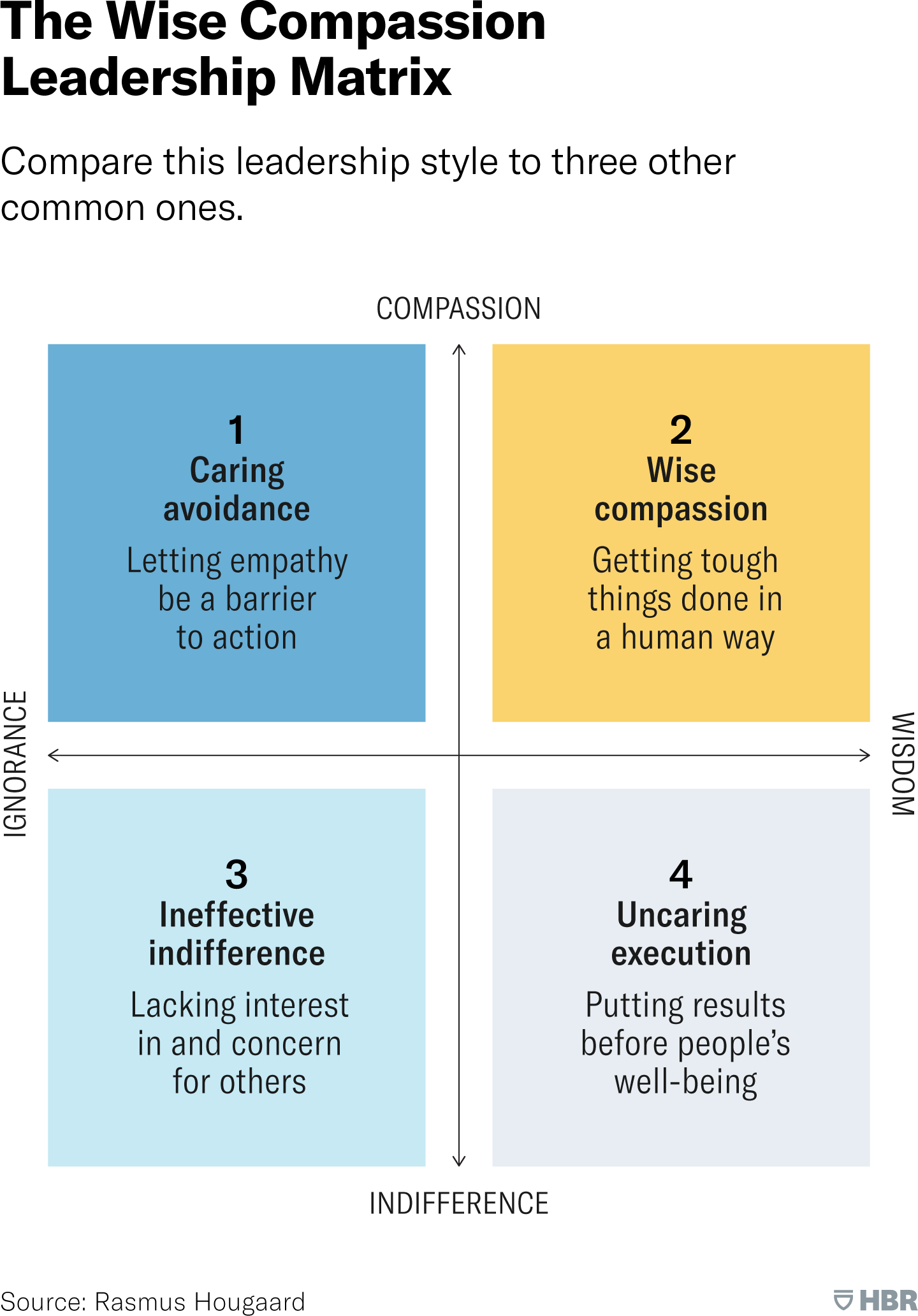Keys to Business Success – Part 1: The Compassionate Leader
Before I became an entrepreneur, I spent more than 20 years working for a variety of companies from start-ups to well established SMBs. Some of these companies easily created the success they desired while others struggled or completely crashed and burned.
So, what did the successful companies do to gain market share, improve their bottom line, lead with purpose, and retain the loyalty of their employees and customers?
In this series I share key practices that were essential to the success those companies created.
Key #1 – Embrace Compassion
In today’s market, compassion is a hot commodity. Leading from the heart is the differentiator that sets super successful businesses apart from average ones. The products or services you put into the world as well as the way you treat employees and customers are now just as important as the revenue you generate.
Holding on to traditional hard-nosed business tactics or having a singular focus on revenue has become shortsighted. Yes, you’ll get some results from using them, but they won’t help you create a truly world-class business because they are inherently self-serving, which is not what people are paying attention to or want these days.
“Compassion is the quality of having positive intentions and real concern for others. Compassion in leadership creates stronger connections between people. It improves collaboration, raises levels of trust, and enhances loyalty. In addition, studies find that compassionate leaders are perceived as stronger and more competent.”
Clearly, leading with compassion can bring great benefits, however in order for it to be truly effective it must be paired with the willingness to take action, even if it is uncomfortable.
Rasmus Hougaard, Harvard Business Review, created a matrix of four different leadership styles. One, three and four are ultimately ineffectual because they either limit the ability of a leader to act effectively or don’t act in the best interest of others. Number two, the most effective, intersects the concepts of compassion and wisdom, which empowers leaders to balance the needs of their people while still moving the organization forward. In other words, “when tough action is needed, they [still] get it done with genuine caring for people’s feelings and wellbeing.”
This leadership style has a profound effect on employee retention, but it is still lacking in the workplace. All too often leadership and managers focus on their own goals and purposes, often to the detriment of those working underneath them.
“When employees feel a lack of a commitment to compassionate leadership and intense pressure from leadership to perform above and beyond their capabilities, these feelings open the door to widespread disengagement. Leaders who lack compassion often falsely believe that the more pressure they place on their employees, the more productive they will become.”
Accordingly, pressure from leadership equals stress in the workplace. The American Psychological Foundation reports that “52% of employees report that workplace stress has led them to look for a new job, decline a promotion, or leave a job.” This creates an ongoing issue for companies because finding and retaining employees who are truly committed to the success of the organization isn’t quite like finding a unicorn, but it’s close sometimes.
Being considerate of your employees, understanding their motivations and desires, valuing their contribution, paying them a fair wage, and offering opportunities for advancement are all important factors. But almost more than anything, your employees want to know that you care, and you have their best interests at heart. Yes, sometimes that means you might compromise your bottom line – choosing to engage in profit sharing, for example, adding an extra day off, or bringing someone in to help with team dynamics – these are all examples that would impact your bottom line. But consider the ROI. Happy employees mean loyalty and less turnover, which in turn positively affects your bottom line, productivity, company culture, and more.
However, leading with compassion does take thought, time, and effort. In a Forbes article, Caroline Vernon shares, “Compassion is a practice…you invest time and make an active commitment to the people around you, which sets them on a path for success.” It’s important to be intentional in your interactions. Consider how you speak to someone and actively show kindness and understanding in your interactions paired with practical actions that move things forward in a positive way.
Also, remember to hold yourself accountable. Are your intentions and motives pure? This is important because people can and do read between the lines of what you say and if you are not sincere, they will absolutely pick up on it which will work against what you are trying to accomplish.
Remember, the difference between super successful businesses and average ones is the heart. Practicing compassionate leadership gives you the ability to focus on generating profit AND growing the business with purpose in a way that supports everyone involved. In today’s world, kindness and compassion win every time.
Want More?
If your business isn’t flourishing or growing the way you’d like, consider doing a Business Assessment. Designed to identify issues and the parts of the business that aren’t working well, a Business Assessment is the perfect way to get clarity and direction on what the business needs to thrive.



